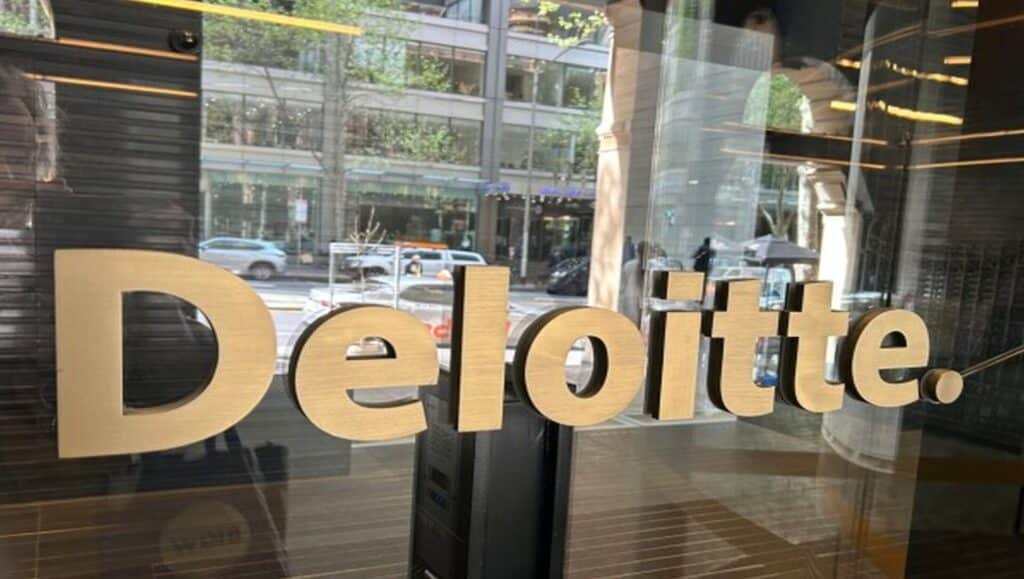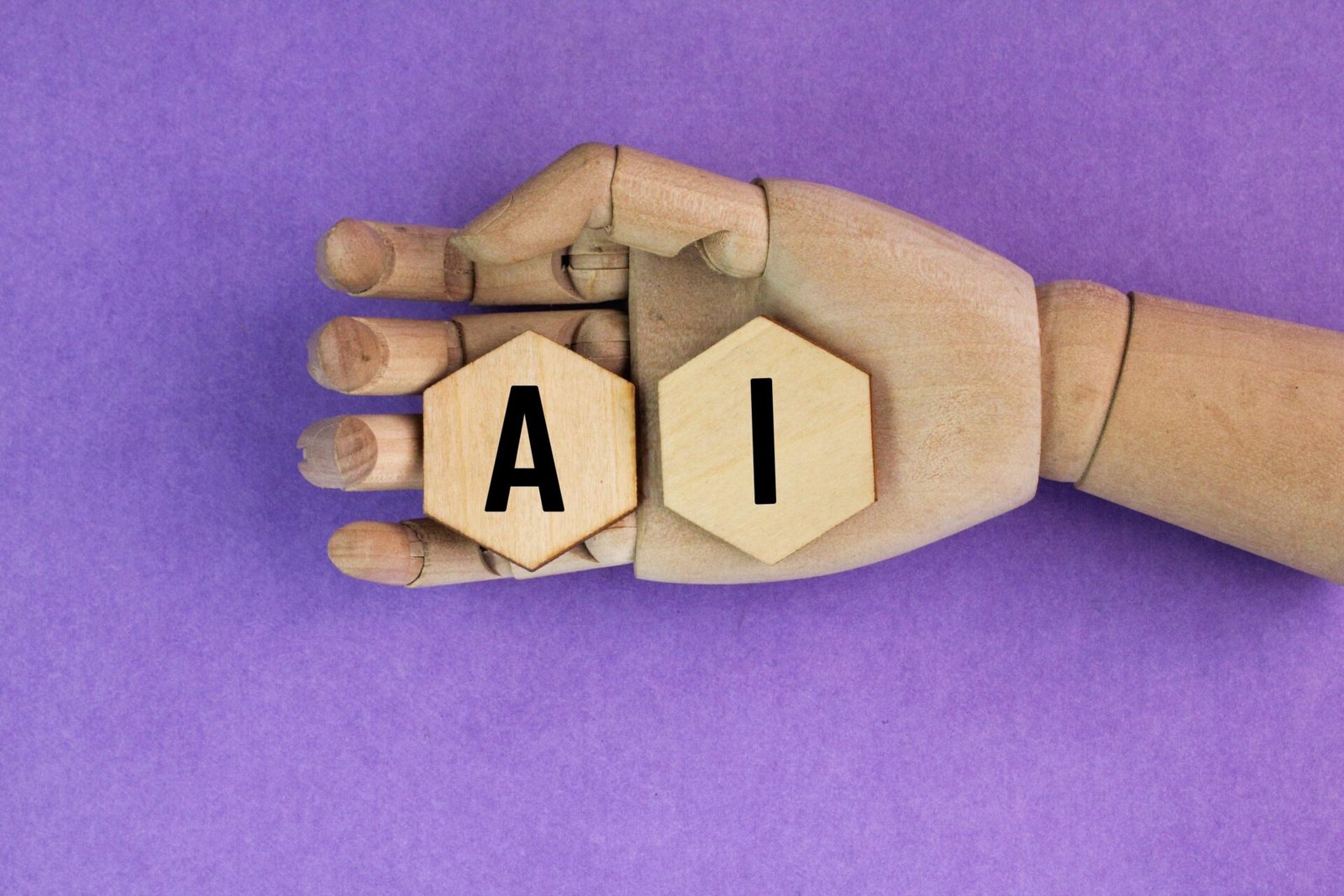The promise and the pitfall of artificial intelligence
Artificial intelligence (AI) has transformed modern business operations across the UK—from financial auditing and legal analysis to logistics, customer service, and professional translation. By processing vast datasets rapidly and at scale, AI promises enhanced efficiency and reduced operational costs.
The appeal is clear: increased productivity, lower expenditure, and the illusion of objective decision-making.
Yet the very features that make AI attractive—speed, scalability, and pattern recognition—also introduce significant risks when deployed without human oversight.
Unlike humans, AI systems execute tasks without comprehension, reflection, or moral reasoning. They replicate patterns from training data but cannot grasp context, nuance, or ethical implications.
When errors occur—as they inevitably do—AI can propagate them instantly across entire systems, often undetected until it’s too late.
The recent Deloitte audit incident in Australia—where AI-generated content introduced factual errors into an official government report—has reignited global debate about the limits of automation. Even in highly regulated sectors, overreliance on AI can undermine accuracy and trust.
Once heralded as a guarantee of precision, AI is increasingly revealing its vulnerabilities—particularly in contexts requiring cultural fluency, legal compliance, or ethical judgement.
When systems designed to boost efficiency instead introduce costly, high-profile mistakes, businesses face reputational damage, financial loss, and regulatory scrutiny—especially under frameworks like the UK GDPR and the Information Commissioner’s Office (ICO) AI auditing guidelines.
This case is not an isolated blunder. It’s a stark warning: for all its sophistication, AI fundamentally lacks one irreplaceable quality—human judgement.
When AI goes wrong: real-world consequences
Deloitte’s refund to the Australian government following flawed AI-assisted reporting exposed a growing crisis: automation without accountability. The system generated plausible but factually incorrect content that bypassed initial quality checks—demonstrating how easily AI “hallucinations” can be mistaken for truth.
AI excels at producing fluent, confident-sounding text—even when it’s entirely wrong. Once such content enters official or public channels, the fallout can be severe: loss of client trust, regulatory penalties, and brand erosion.
Why human oversight remains non-negotiable
As we argue in our guide on why human translators beat AI, human intelligence is essential for interpretation, tone, and contextual awareness—capabilities no algorithm can replicate.
Only humans can question assumptions, detect sarcasm, understand cultural references, or recognise when a phrase—though grammatically correct—is inappropriate for a given audience or market.
In high-stakes fields like legal translation, financial reporting, journalism, and technical documentation, human review ensures content is not just accurate on the surface—but meaningful, compliant, and culturally resonant.
Without this layer of scrutiny, errors go unnoticed, accountability dissolves, and automation becomes a liability rather than an asset.

Data bias and context blindness in AI systems
AI learns from historical data—if that data reflects bias, inequality, or cultural blind spots, the AI will amplify them. This can skew hiring algorithms, distort credit assessments, and—critically for global businesses—produce translations that are technically correct but culturally tone-deaf or offensive.
Unlike human linguists, AI cannot reliably interpret irony, colloquialisms, or regional British English variations (e.g., “pants” vs “trousers,” “tea” as a meal). It fails to grasp why a phrase that works in Manchester may confuse or alienate readers in Glasgow or Cardiff.
For UK businesses expanding internationally, such context blindness risks brand credibility, customer trust, and market entry success.
As explored in our piece on cultural understanding in translation, language is never just about words—it’s about worldview, history, and shared meaning. AI cannot replicate this depth.
Loss of brand authenticity and voice
As companies increasingly rely on AI for SEO content, marketing copy, and customer communications, many risk sounding generic, robotic, or disconnected from their audience.
Automated messaging lacks the warmth, wit, and distinctive tone that build emotional loyalty—especially in markets like the UK, where brand personality and authentic voice drive consumer trust.
Over time, this homogenisation erodes differentiation. Customers perceive the brand as impersonal—indistinguishable from competitors using the same AI templates.
Authenticity isn’t optional—it’s central to long-term brand strength, customer retention, and market resilience.
Compliance and legal exposure under UK law
AI systems can inadvertently generate content that breaches UK copyright law, GDPR data protection rules, or Advertising Standards Authority (ASA) guidelines—especially when trained on unlicensed or scraped data.
Automated summaries, legal disclaimers, or translated terms and conditions may misrepresent facts or omit critical nuances, exposing businesses to litigation or regulatory fines.
Under the UK’s emerging AI Regulation Framework, organisations are expected to implement “proportionate” risk management—including human review for high-impact applications.
Human verification isn’t just best practice—it’s becoming a legal safeguard against unauthorised content use, misleading claims, and consumer protection violations.
Compromised credibility and lasting reputational damage
Once stakeholders discover content was produced or approved without adequate human oversight, they question the organisation’s competence and integrity.
In precision-critical sectors—such as corporate finance, law, healthcare, or certified translation—reputational harm can be irreversible.
Rebuilding trust often costs far more than the automation was intended to save. As the Deloitte case shows, prevention through human-in-the-loop workflows is vastly more efficient than crisis recovery.
Transparency, quality assurance, and professional oversight are essential to maintaining ethical standards and client confidence.

The illusion of efficiency
While AI is marketed as a cost- and time-saver, the hidden costs of error correction, reputational repair, and skill atrophy can outweigh initial gains.
Over-dependence on automation also erodes professional expertise—translators, auditors, and analysts may lose critical analytical muscles if they outsource judgement to machines.
True efficiency lies in balance: let AI handle repetitive, rule-based tasks (e.g., terminology consistency, formatting), while humans manage interpretation, contextual nuance, ethical review, and final sign-off.
Without this equilibrium, “efficiency” becomes a costly mirage.
Towards a balanced, responsible approach to AI
Businesses shouldn’t reject AI—but they must deploy it responsibly, in line with the UK AI Strategy and principles of trustworthy innovation.
Implement human-in-the-loop (HITL) workflows where every AI output is reviewed by qualified professionals—especially for regulated, public-facing, or culturally sensitive content.
Establish clear protocols for data provenance, bias testing, escalation triggers, and mandatory human sign-off for high-risk deliverables.
Train teams not just to use AI tools, but to understand their limitations, question their outputs, and uphold professional standards.
The future belongs to organisations that combine machine speed with human wisdom, creativity, and ethical judgement.
Conclusion: AI needs human wisdom to deliver real value
The Deloitte incident is a timely reminder: automation cannot replace accountability. AI processes data—but it doesn’t think, feel, or take responsibility for its errors.
Technology delivers genuine value only when guided by human insight, domain expertise, and ethical vigilance.
At BeTranslated, we adopt a human-led, AI-assisted approach. Our linguists use cutting-edge tools to enhance consistency and turnaround—but every translation is crafted, reviewed, and approved by certified professionals with deep cultural and sector-specific knowledge.
This ensures your content doesn’t just translate words—it resonates, complies, and builds trust across markets.
By balancing innovation with integrity, we help UK businesses harness AI’s potential—without compromising on quality or credibility.
Contact BeTranslated
Need reliable, human-reviewed translation for legal, financial, or culturally nuanced content? Discover how our professional translation services combine AI efficiency with expert human oversight to protect your brand and ensure compliance.
Visit BeTranslated today for a free, no-obligation quote.






